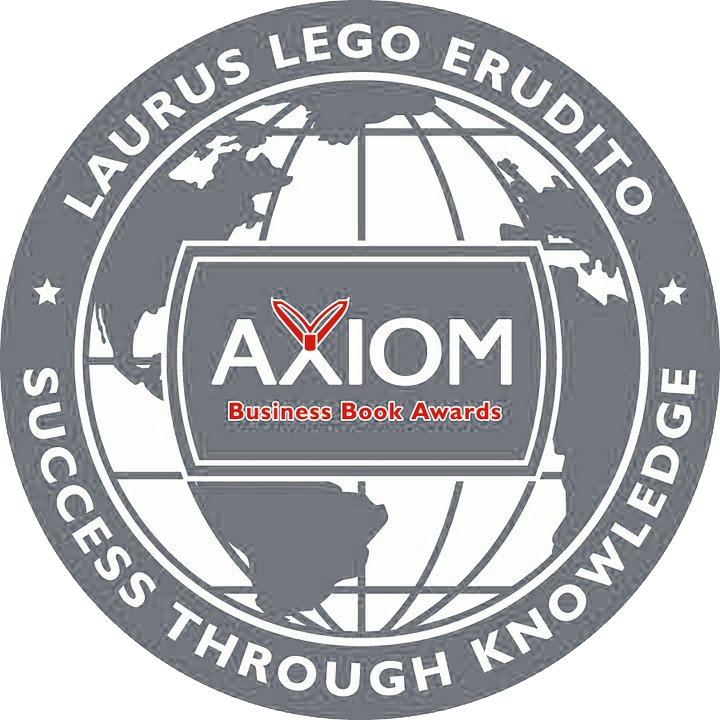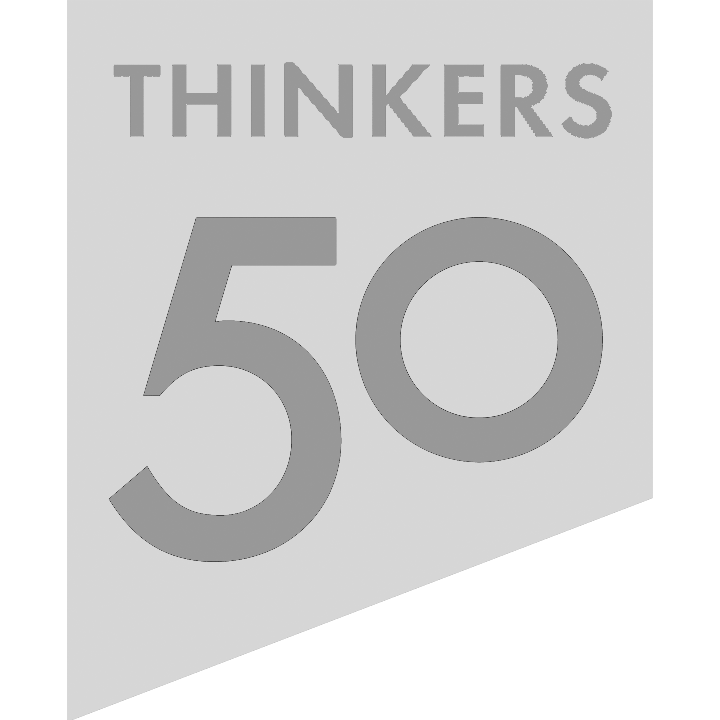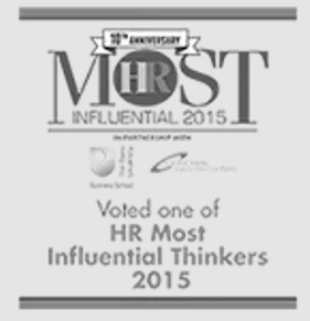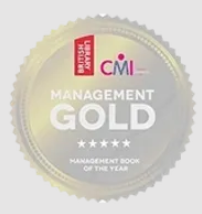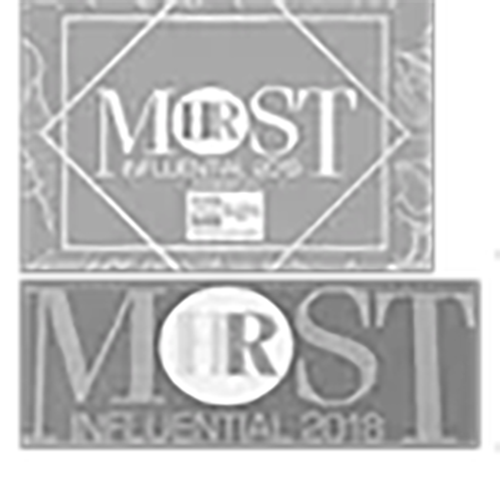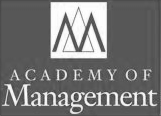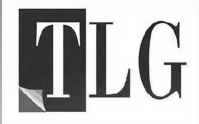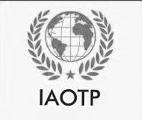Case Study:
Bowman Riley Architects
Context
Bowman Riley Architects faced challenges common to many organisations in an era of rapid change: maintaining employee engagement, fostering innovation, and adapting leadership styles to meet evolving demands. Recognising the need for a significant shift in organizational culture, Bowman Riley adopted The Management Shift (TMS) framework to transition from a hierarchical structure to one rooted in purpose, collaboration, and empowerment. This bold move aimed to elevate leadership practices and create a thriving workplace culture.
Implementation
Bowman Riley embarked on a 4-month TMS Leadership Development Programme involving 16 members of its leadership team.
The programme featured:
- Individual and organisational assessments.
- Access to learning materials via an e-learning platform.
- Two half-day face-to-face workshops.
- Peer coaching sessions.
The cornerstone of the initiative was the 5-Level Model developed through interdisciplinary research. This model outlines five progressive levels of mindset and organisational culture:
- Lifeless/Apathetic: Marked by fear, disengagement, and toxic culture.
- Reluctant/Stagnating: Employees do the bare minimum for a paycheck.
- Controlled/Orderly: Traditional command-and-control leadership style.
- Enthusiastic/Collaborative: Fosters trust, transparency, teamwork, and purpose.
- Limitless/Unbounded: Innovation-driven culture solving global challenges.
Bowman Riley aimed to anchor its leadership style and culture at Level 4, characterised by collaboration, trust, and purpose-driven behavior. The Managing Director, Michael Feather, played a pivotal role in driving this transformation by embracing openness, trust in team members’ abilities, and collaborative approaches to disruption.
Outcome
Bowman Riley Architects achieved significant improvements following The Management Shift framework:
Leadership Growth: Enhanced trust, openness, and collaboration among leaders, with improved work-life balance for the Managing Director.
Employee Engagement: Leadership engagement scores increased by 8%, overall engagement rose by 2.5%, and ROI on training reached 550%.
Cultural Transformation: Adoption of collaborative behaviors (Level 4), celebration of successes, and creative initiatives strengthened teamwork and innovation.
Team Building: Quarterly social events, cultural trips, and informal recognition fostered stronger bonds and morale.
Bowman Riley Architects’ adoption of The Management Shift framework transformed its leadership practices and organisational culture, resulting in enhanced employee engagement, creativity, collaboration, and profitability.
The Managing Director's reflections encapsulate the impact,
"The magic of The Management Shift creates ripples of transformation—improving happiness, fun, and vibe across all aspects of our operations."

